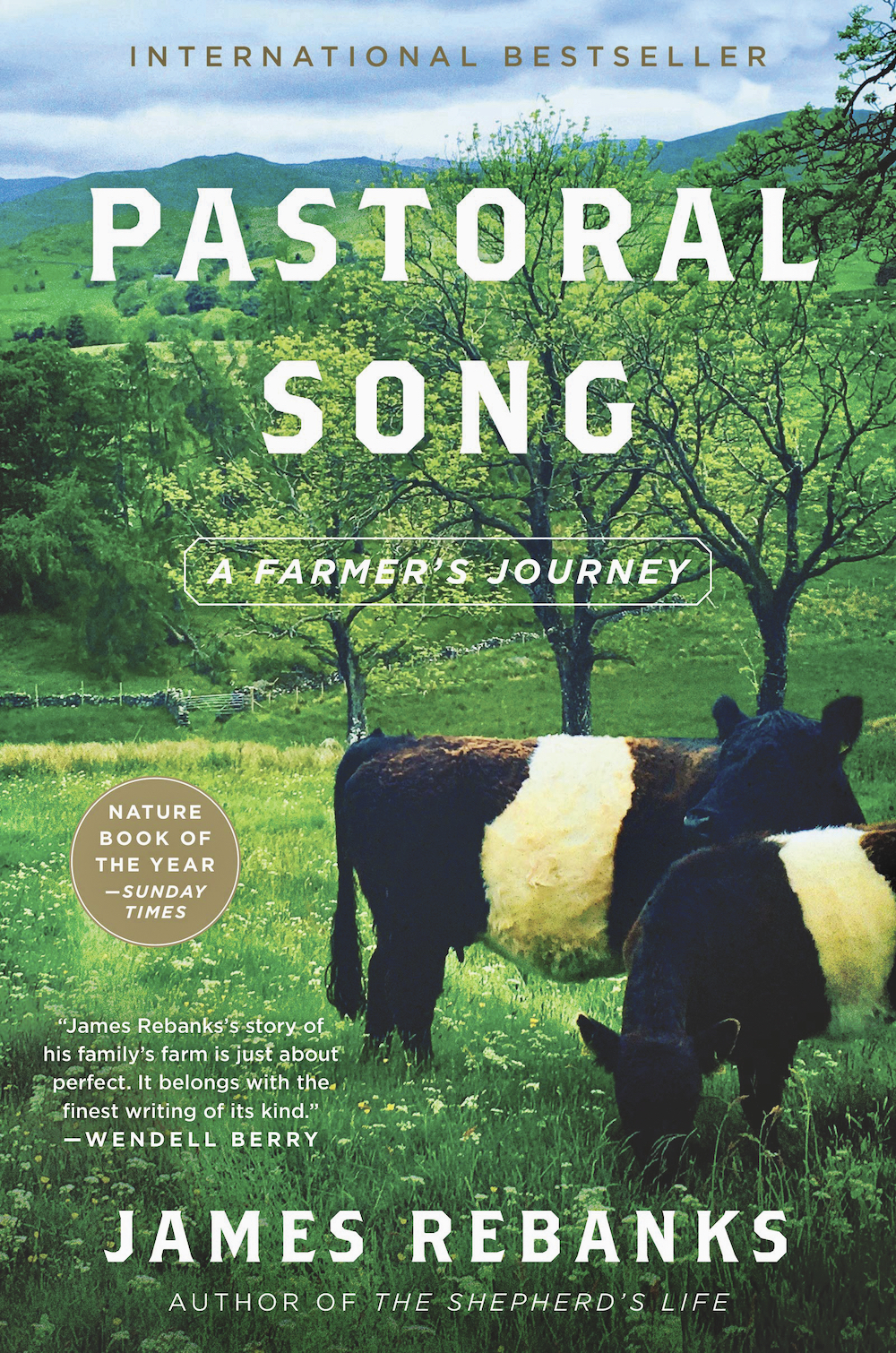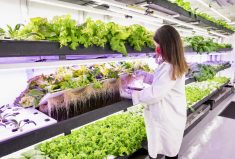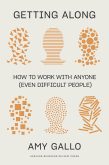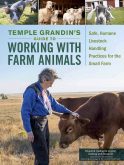Pastoral Song: A Farmer’s Journey
By James Rebanks
Like a lot of farmers, James Rebanks is thoughtful. But unlike the rest of us, his thoughtfulness has helped him write a globally popular, best-selling and prize-winning book. It has even been named a New York Times editors’ book of the year, and it’s all about the questions that, as a thoughtful farmer, he can’t help but ask.
What are the questions? Rebanks, author of Pastoral Song: A Farmer’s Journey, wants to know about the ongoing evolution of agriculture. What is being lost? What is gained?
Read Also

‘No agenda, no attenda’: How to professionalize your family farm meetings
Establishing meeting ground rules can help a farm family find ways to communicate that work for the business and the family.
“Everything that happens on a farm is affected by the era it exists in,” he says. “Farming is now a term that tries to encompass a vast messy range of activities.”
With stark prose, Rebanks demonstrates how advances in agricultural science, practices and policies over the centuries have helped agriculture evolve but have sometimes been an anchor weighing farm businesses down.
For example, Rebanks notes that without the Haber-Bosch process (the industrial procedure that produces the artificial nitrogen used to grow lush, quick-growing crops) an estimated three of the nine-plus billion people alive today wouldn’t even be here.
A con, however, is our tendency towards mono-cropping which can lead to disastrous results like the Irish potato famine. The death of more than a million people and emigration of a million more, was triggered by potato blight in a society reliant on one crop.
The flip side, however, is that scientific advances can help avoid these tragedies, by controlling pests, diseases, vermin, bacteria and mould.
And to flip the coin again “(w)hole civilizations disappeared because their farming methods degraded the soils,” says Rebanks. Through observations, research and conversations with farmers around the world, he has noticed that many of the very “fertilizers, medicines, pesticides, fuels, feeds, tractors and machinery that we once bought (to improve our farms) have turned out to be the very things that did all the damage.”
But it is also those very “champions of progress” that have enabled society to develop and live healthier, longer lives.
After the Second World War governments were eager to see their countries rise from the economic ashes, and they wanted to help citizens build lives that were free of hunger and disease, so they declared that it was the farmer’s job to produce “vast amounts of cheap food, and to use whatever tools were required,” Rebanks writes. “Many farmers wanted to hear this and embraced the changes. Others were swept along behind them in an attempt to survive. This new culture told consumers that food was little more than fuel and that it should cost less and less of their income.”
Historically, though, the success of farming endeavours has been contingent on what nature allows.
“One of the hardest aspects to understand in how farming affects nature,” says Rebanks, “is that there is often a time lag between cause and effect.” The post-war cult of cheap food soon began to create immense pressures on the farms and fields from which that food came, forcing farmers to “search for every productivity gain possible.” Rebanks realized that farming had been reduced to a “financial and engineering (against nature) challenge rather than understood as a biological activity.”
Rebanks stresses the importance of protecting our library of agricultural diversity (farm size, crop/animal types, production methods) in the event that we need to draw on that knowledge in future. He recognizes that every farm cannot — and should not — be like his small, diversified farm, but that to have a “robust and resilient food system we need many different kinds of farms. Diversity is a strength in farming, as in much else.”
Rebanks’s book is simultaneously optimistic and a cautionary tale. We witness his own evolutionary path as he shares insights gained from his grandfather’s traditional farming methods; his father’s love-hate relationship with modernization; his farm visits to Australia and America’s Midwest; his growing awareness of the intimate and delicate relationship between nature and agriculture, and how the success of the latter hinges on the former.
“The complicated truth,” Rebanks says, “is that we do need efficiency gains and we can’t live completely in the past.” He attempts to reconcile the changes between what was, what is, and where we need to go. “There is an old saying that we should farm as if we are going to live for a thousand years,” he says. “(We) have to work out what that change should be and how we can deliver it.”
















